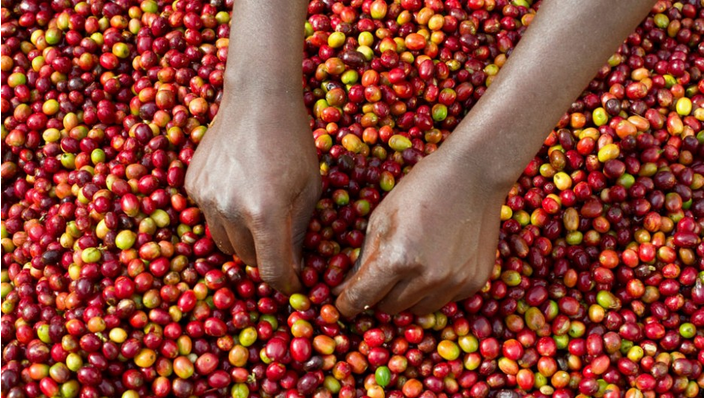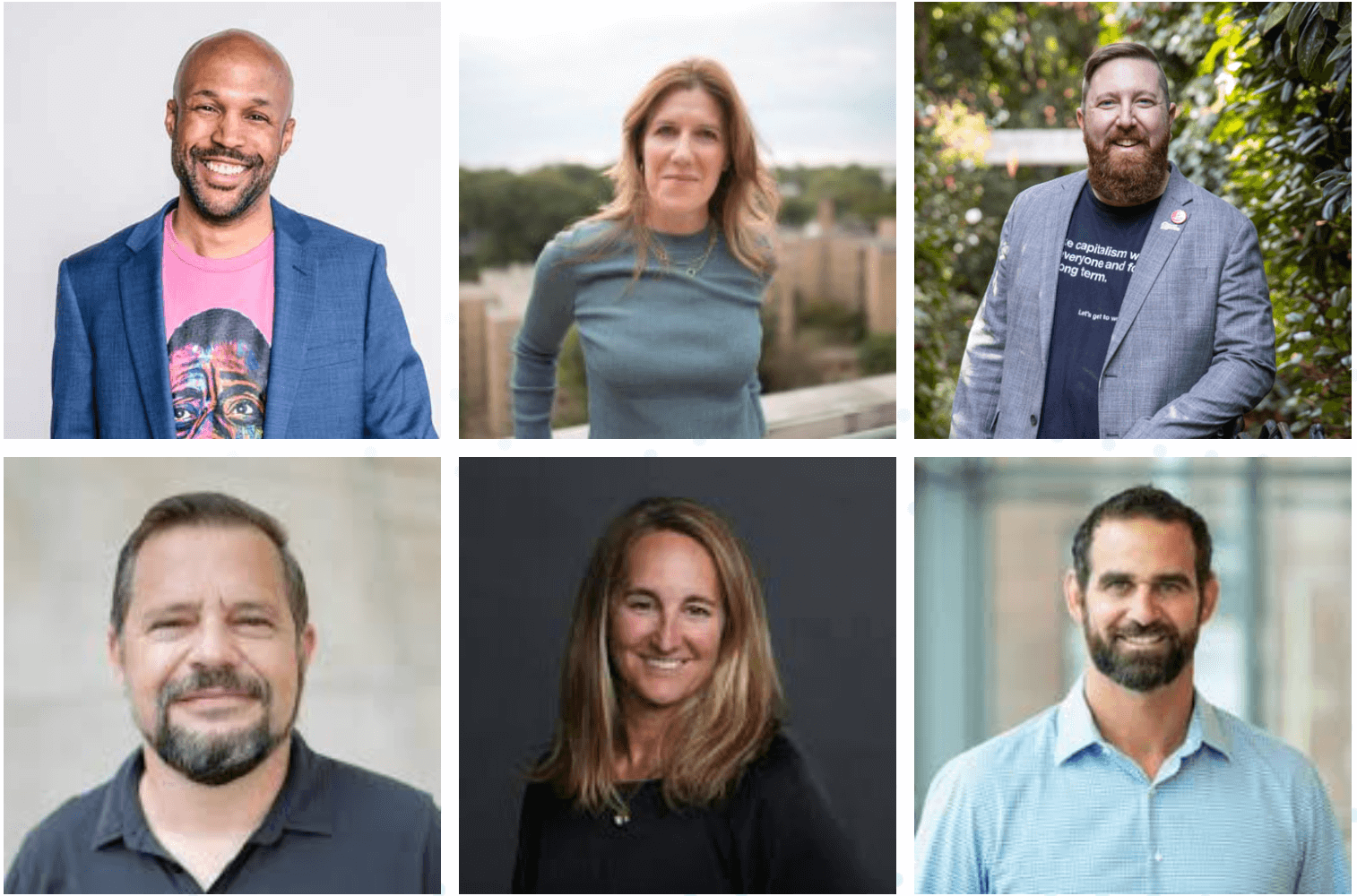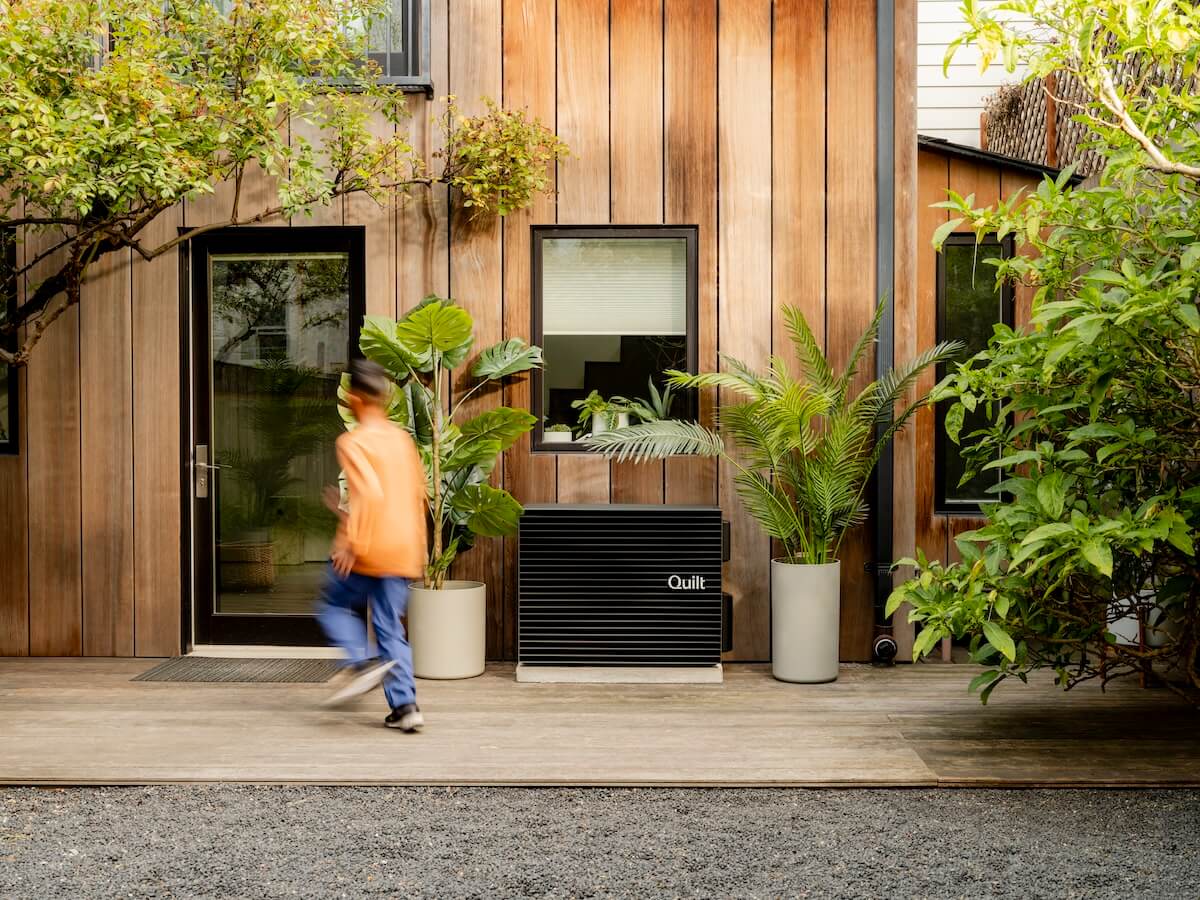 Premium coffee is perhaps the original example of how positive social impact can drive a successful business. Many connoisseurs who care about eco-friendly farming, fair wages and low-income community development are willing to pay more for their cup of joe. But it’s got to be good.
Premium coffee is perhaps the original example of how positive social impact can drive a successful business. Many connoisseurs who care about eco-friendly farming, fair wages and low-income community development are willing to pay more for their cup of joe. But it’s got to be good.
In Rwanda, KZ Noir Ltd. is riding this strategy to take three local coffee producers that had been on the brink of bankruptcy into the international market as a supplier to Starbucks, Whole Foods, Peet’s Coffee and Intelligentsia. KZ Noir’s sales in 2014 were just shy of $3 million, despite the volatility in international coffee prices.
KZ Noir buys coffee from over 10,000 Rwandan smallholder farmers and employs over 1,200 seasonal staff, including more than 800 women. It trains its suppliers in sustainability techniques. One of KZ Noir’s three companies, Karengera Coffee, became the first Rwandan coffee producer certified by the Rain Forest Alliance.
KZ Noir’s story mirrors Rwanda’s development. In four years, the country’s fragmented, inefficient and poorly managed coffee industry has become a leader in premium coffee. Demand for Rwandan beans outpaces supply and the country’s beans fetch premium prices even in a depressed global market.
Credit Kaizen Venture Partners with a bit of prescience. In 2011, the Nigeria-based private equity firm acquired controlling stakes in Socor Ltd. and Caferwa Ltd., along with Karengera. The new owners consolidated the three struggling Rwandan coffee producers under KZ Noir and switched their focus to quality over quantity. They revamped operations around sustainability and targeted “Fair Trade” and other popular certifications, which helped penetrate markets in Europe and the United States.
“It felt like a start-up at that stage, just me and a truck, driving endless hours to the washing stations, meeting with farmers, making photocopies, meeting with working capital lenders,” said Gilbert Gatali, KZ Noir’s new managing director, who came on board from local coffee company Rwashoscco and had also worked for Sustainable Harvest, the global social-impact coffee importer. “I was playing every role.”
Gatali set up quality-control protocol with a major tasting, or “cupping,” lab at their Kigali washing station, and a scoring process for all of KZ Noir’s coffee. He tapped TechnoServe, a nonprofit training partner, to train employees in agronomy techniques such as land maintenance, fertilizer use and tree pruning, raising farmer incomes and increasing their loyalty. Now, KZ Noir is testing mobile technologies to trace its supply chain.
To implement those shifts, Gatali sought impact investors who would identify with the company’s new strategy. Root Capital came on board to provide working capital, and has extended loans every year since 2011. In late 2013, Grassroots Business Fund provided $1.5 million in mezzanine debt to support the company’s day-to-day operations. Acumen is assisting KZ Noir’s capital expenditures and debt repayment with a $1.2 million convertible note.
That kind of patient capital is critical in the volatile global coffee market, where prices ended 2014 at about $1.70 per pound. KZ Noir has mitigated some risk through futures contracts and put options with Falcon Commodities, a U.K. coffee trader. “When we started, coffee was trading as high as $3.50 per pound,” Gatali says. “It’s a challenge when the market fluctuates like that.”
PLEASE WAIT WHILE PROCESSING…
The company is pushing to expand both its social mission and its market reach. It has also started selling roasted coffee in Rwanda and Nigeria and is looking to begin selling in other African markets. It has completed a social impact study that suggested new possibilities for improving farmers’ livelihoods, such as facilitating microloans or developing a premium-sharing scheme.
“The company was designed to be a conduit for social impact,” said Gatali. “What’s next is how to do that higher up in the value chain.”
IMPACTS
Financial
KZ Noir hedges volatile output prices through futures contracts and put options with Falcon Commodities, a coffee importing and trading house in the U.K.
Social
Most of KZ Noir’s full-time and seasonal staff are women in Rwanda’s poorer Western Province.
DISCLOSURE
One of a series of impact profiles produced in conjunction with the Case Foundation’s new publication, “A Short Guide to Impact Investing.”











